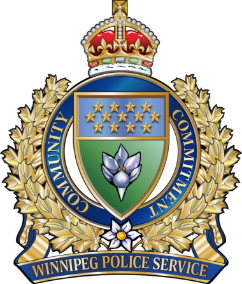What to know before you go to a demonstration, protest, rally, vigil and labour disputes
- Your rights
- The role of police
- Consider your actions
- Communicate with police pre-event
- When actions could result in charges
- Know the local by-laws
- Understand the consequences
- Ask questions
- Working together is better for everyone
You can
- Gather to peacefully assert your rights
- Express your thoughts, beliefs and opinions
- Get your messaging out in a lawful way
- Have freedom of association
The Canadian Charter of Rights and Freedoms guarantees certain rights and fundamental freedoms. Section 2 of the Charter guarantees your right to believe what you choose, and to express your values. WPS recognizes the importance of fundamental freedoms and all other protections in the charter.
If you are not sure, ask
- Is this considered a peaceful/lawful event?
- Does this event require a permit?
- Am I allowed to wear a mask?
Though all Canadians are entitled to rights and freedoms, section 1 of the charter calls for certain limitations. Rights and freedoms are not without responsibilities. The Supreme Court of Canada has recognized that freedoms in the charter cannot be extended to protect and justify threats or acts of violence like assault, destruction of property, or unlawful conduct.
You can’t
- Block or obstruct a highway
- Breach the peace
- Cause a disturbance, take part in a riot
- Wear a mask or disguise during an unlawful assembly, or, with intent to commit an indictable offense
- Disobey a court order
- Harm or injure anyone
- Possess weapons of any kind including substances such as tear gas
The Criminal Code of Canada and/or “Case Law” contains various provisions that act to limit or control certain activities related to public demonstrations.
You can go to our website for more information on Demonstrations and Rallies and the role of Police Liaison Team.
